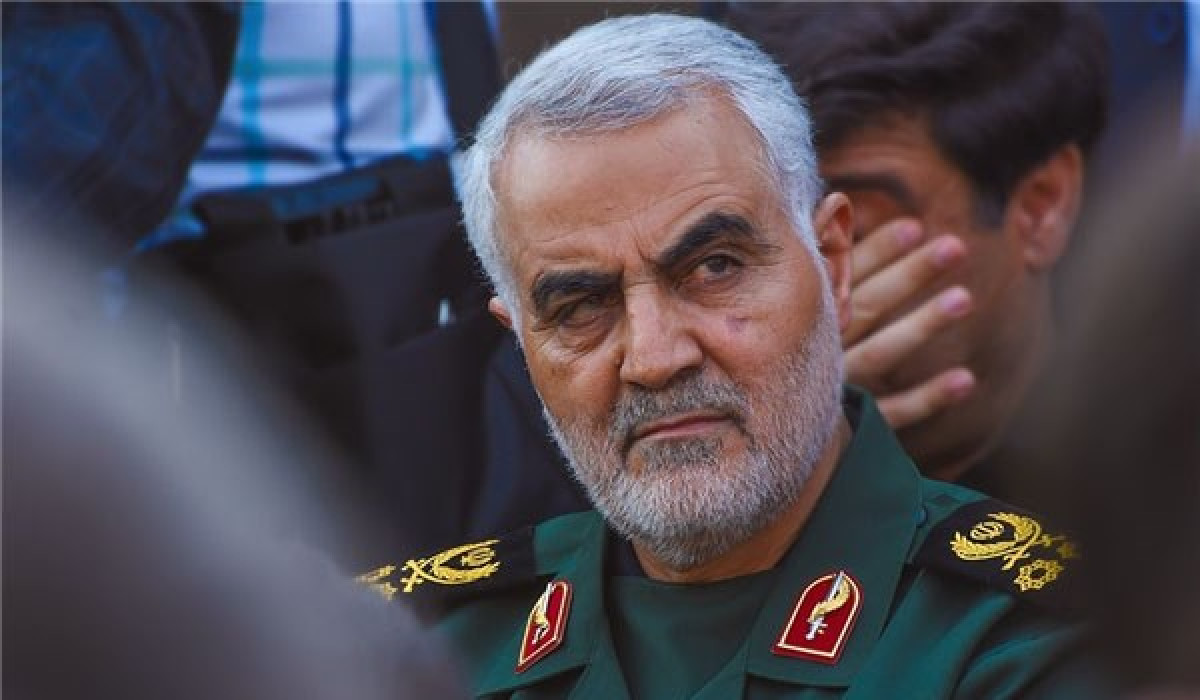 82
82
After the rise of ISIS in Iraq and Syria, Martyr Soleimani, as the commander of the Quds Force, fought against the group by participating in these areas and organizing the people's forces. It goes without saying that the Quds Force, led by Soleimani, has played an influential role in the Iraq war.
In an interview with Al-Sharq Al-Awsat newspaper, Mowaffaq al-Rubaye, the former Iraqi Minister of National Security, called Soleimani undoubtedly the most powerful man in Iraq.
On January 11, 2007, the Americans directly acknowledged the influential role of Qassem Soleimani in Iraq. In this regard, Stanley McChrystal, the American general, says: We were informed that Qassem Soleimani was traveling to the Iranian-Iraqi border in several vehicles. In Iraq, the Americans were pursuing them.
The convoy entered an unknown building in the Iraqi Kurdish city of Erbil with only the words "consulate" written on it, indicating that people inside the building were conducting operations under diplomatic cover. US troops entered the building and arrested five Iranians, all of whom had diplomatic passports, but no trace of Mohammad Ali Jafari and Qassem Soleimani. According to McChrystal, all five were members of the Quds Force.
Nine days after the incident, 9 to 12 militants led by the Shiite militant group Asaeb Ahl al-Haq attacked an US military headquarters in Karbala, located between Iraqi police headquarters, riding in a number of military vehicles passing through several layers. Security forces stormed the main command post, which housed 30 Americans at the time, captured four American soldiers, fled the area and headed for the Euphrates River, where they fled in pursuit of American helicopters.
The operation was described as "the most significant and complex operation during the four years of the war" in Iraq, and US officers and Iraqi officials claimed that Iran had played a role in responding to the capture of five Iranians in Erbil
Comment
Post a comment for this article